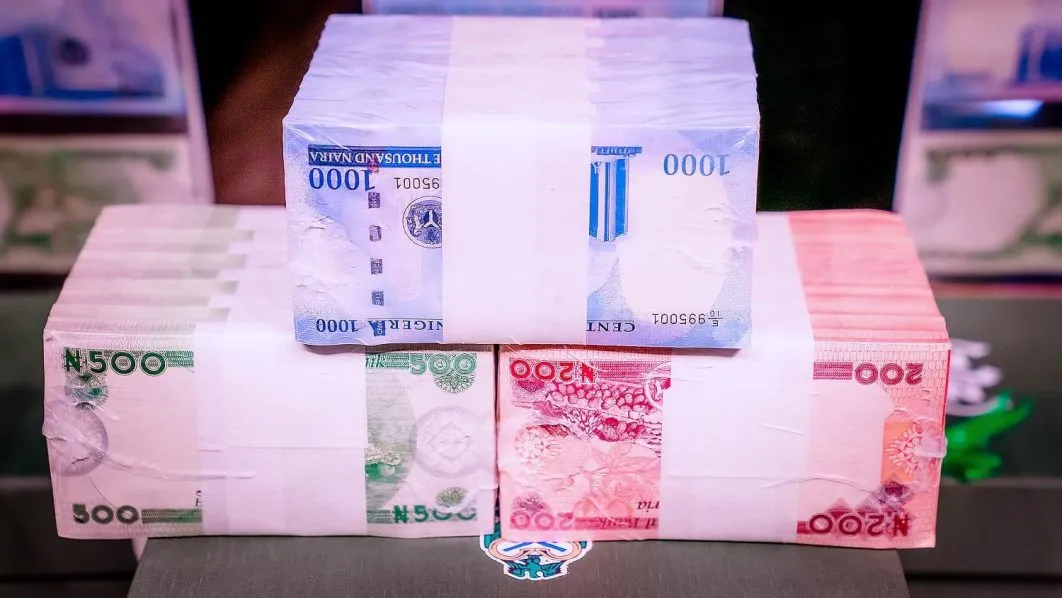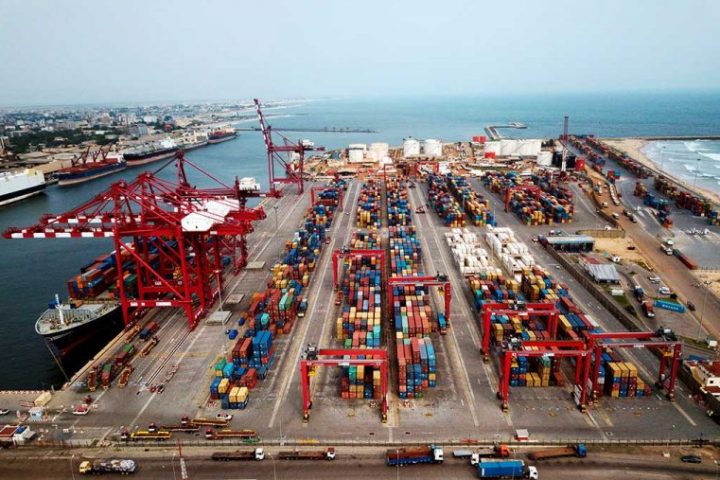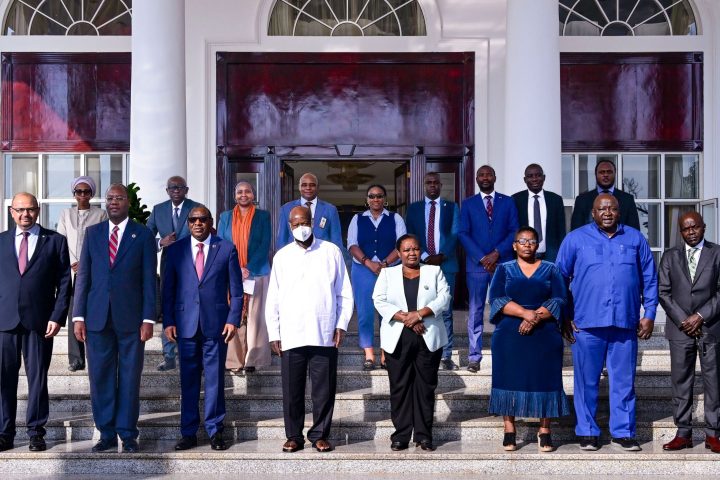Devaluation and Market Volatility Hit Naira Hardest
The naira has emerged as the worst-performing currency globally in the first half of 2024, according to a Bloomberg report released on Friday.
The report highlights that devaluation, insufficient dollar liquidity, and market volatility have hampered the Central Bank of Nigeria’s (CBN) efforts to stabilize the naira.
Join our WhatsApp ChannelBloomberg’s data indicates that the naira has weakened for nine consecutive days, reaching 1,510 per dollar by Thursday’s close. “The losing streak is the longest since July 2017 and represents a 40% decline since the start of the year,” Bloomberg noted.
The naira’s performance is the worst among the currencies tracked, aside from Lebanon’s pound, which is facing an economic crisis and dollarisation.
Expert Opinions on Naira’s Struggles
Samir Gadio, Head of Africa Strategy at Standard Chartered Bank Plc, commented on the naira’s challenges in an email: “While the naira is undervalued and has seen significant adjustment, the supply of dollars needs to improve for the currency to be supported. Portfolio inflows have yet to pick up, even amid still-attractive local rates.”
Gadio added, “What will matter going forward is whether it can stabilize on improving foreign exchange inflows and perhaps see some appreciation.”
READ ALSO: Black Market Dollar (USD) To Naira (NGN) Exchange Rate Today 29th June 2024
Economic Reports on Naira’s Depreciation
PwC’s latest economic report on Nigeria detailed the naira’s depreciation against the dollar by 67.8% from an average of N461.1 in May 2023 to N1,433.80 in May 2024 as reported by Prime Business Africa.
PwC stated, “The depreciation took effect despite foreign exchange market reforms by CBN to achieve price discovery and attract liquidity to the market.”
Volatility and Recent Performance
In March, the naira had been the best-performing currency globally, a status it lost the following month. Bloomberg noted the currency’s volatility between mid-April and May due to the imbalance between demand and supply for the greenback. This trend moderated in June as dollar inflows improved.
The CBN Governor, Olayemi Cardoso, expressed optimism earlier this week, stating, “The worst of the naira’s volatility may be over.”
The naira traded within a narrow range of 1,473/$ to 1,485/$ in June, according to FMDQ data compiled by Bloomberg. This reduced its 10-day rolling volatility to the lowest in a year and its 100-day swings to the least since November.
Comparative Performance of Other Currencies
Alongside the naira, Egypt’s pound and Ghana’s cedi also ranked among the worst-performing currencies in the first six months of 2024.
The challenges facing these currencies highlight broader issues of economic instability and market pressures in their respective countries.
Efforts to Stabilize the Naira
The Nigerian government and CBN have implemented various measures to stabilize the naira, including reforms aimed at achieving price discovery and attracting liquidity. However, the persistent devaluation and market volatility continue to pose significant challenges.
The ongoing struggle underscores the complexities of managing a currency in a volatile economic environment.
As stakeholders look ahead, the focus will be on stabilizing foreign exchange inflows and achieving a more balanced market dynamic.
Emmanuel Ochayi is a journalist. He is a graduate of the University of Lagos, School of first choice and the nations pride. Emmanuel is keen on exploring writing angles in different areas, including Business, climate change, politics, Education, and others.
- Emmanuel Ochayihttps://www.primebusiness.africa/author/ochayi/
- Emmanuel Ochayihttps://www.primebusiness.africa/author/ochayi/
- Emmanuel Ochayihttps://www.primebusiness.africa/author/ochayi/
- Emmanuel Ochayihttps://www.primebusiness.africa/author/ochayi/



















Follow Us